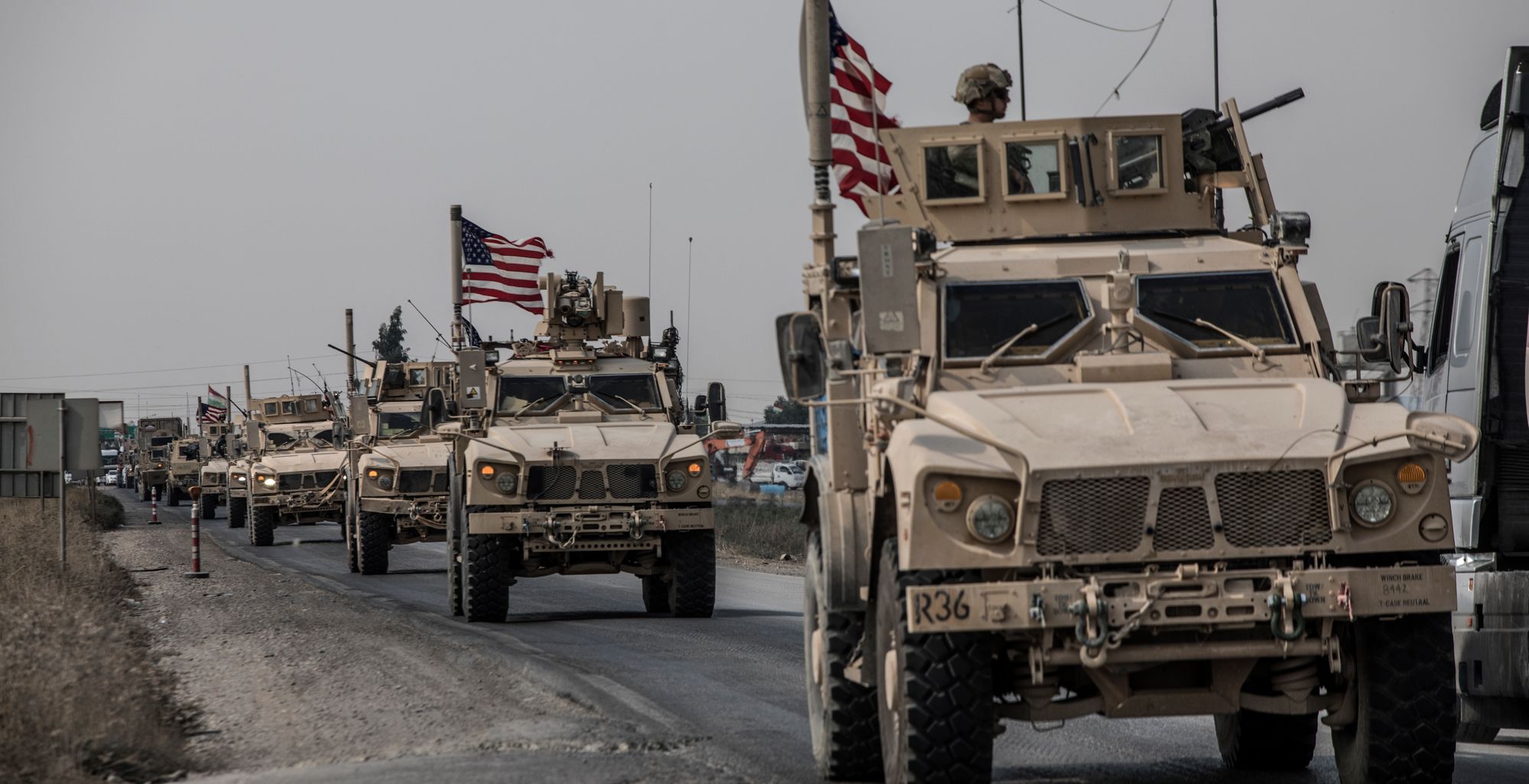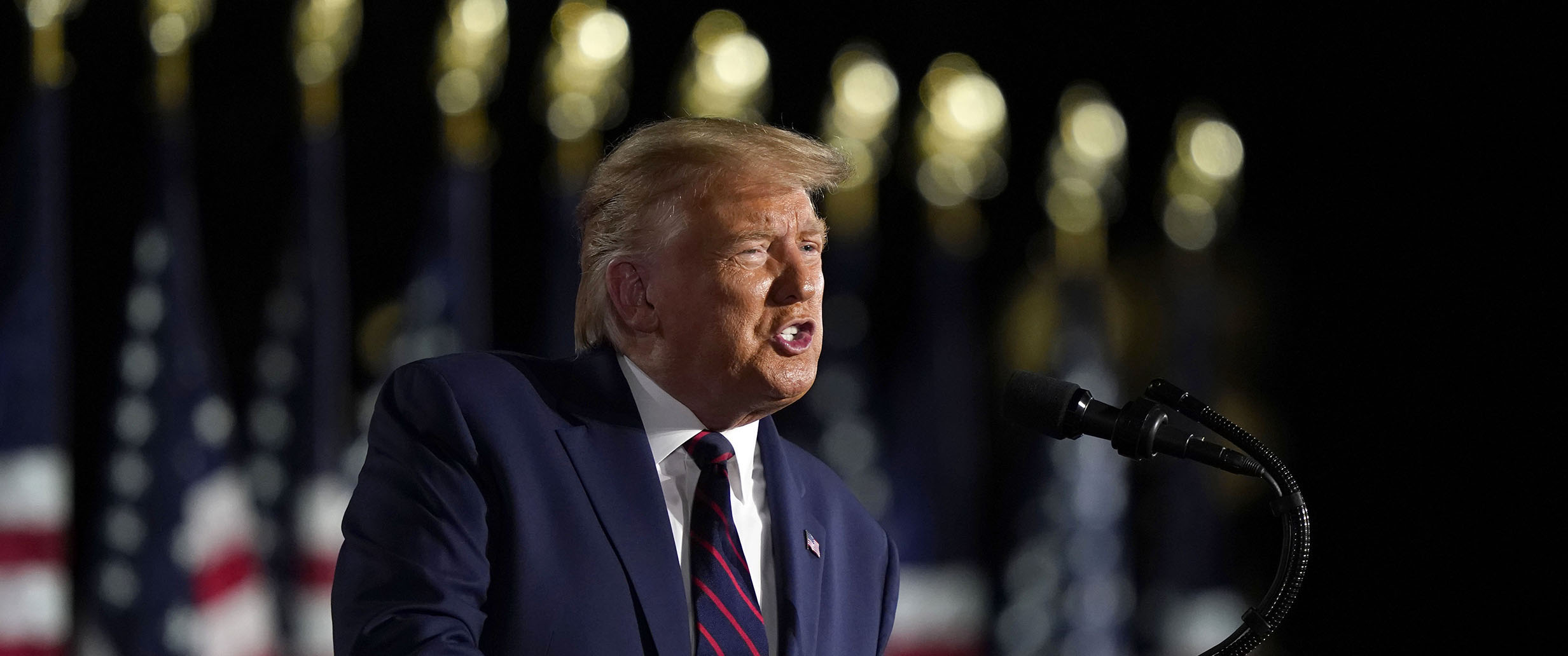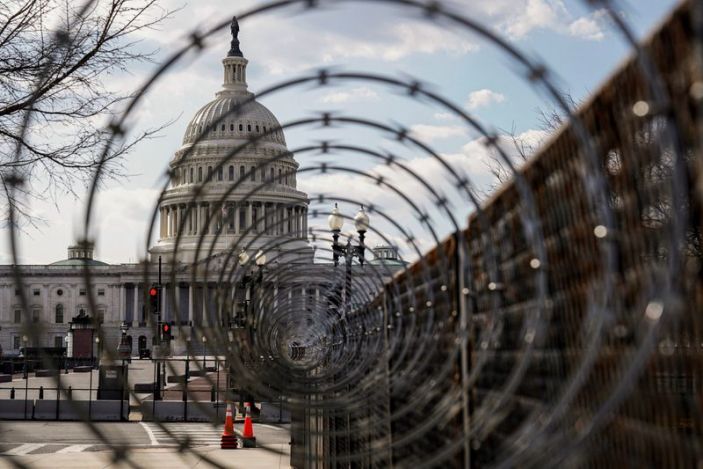We will no longer go abroad in search of monsters to destroy.
Freedom for Freedom’s Sake

Do we have a goal in mind as we begin a new global war?
I remember it like it was yesterday. My neighbor from down the street—his parents were liberal, mine not—put a record onto the turnstile with an impish smile on his face. The lines of sixties counterculture icon Country Joe McDonald’s song cracked out of the weathered speakers which I imagined still retained authentic dust from the hippie era:
It’s one, two, three, what are we fighting for?
Don’t ask me I don’t give a damn
The next stop is Vietnam.
And its five, six, seven open up the pearly gates
Well there ain’t no time to wonder why
Whoopie we’re all gonna die!
This was in the early nineties. The heady high of the go-go eighties and Cold War victory was in the air and palpable. Even if I could understand these ideas, they were intuited viscerally–or so I imagine now, looking back. Country Joe’s lyrics struck an indelible blow to my credulous childhood patriotism.
About fifteen years later, I was in a graduate school class on revolutionary film in Cold War Latin America. Images of Che and Fidel were juxtaposed against those of black civil rights protesters being fire-hosed and Bull Connor’s shepherds snarling and taking down marchers. Much time had passed, but the feeling was the same.
Eventually the intuitions became thoughts; the raw emotions took the shape of ideas. The way I saw America wasn’t how others saw it. The ideas I thought represented America were not the same ones that others held.
In the Cold War, domestic and foreign dissent over America’s role as guarantor of the postwar order of liberal internationalism overlapped like concentric circles and amplified one another. In the nineties, both voices of contention were dissembled beneath the veneer of victory and history’s “end.”
The esprit de corps and bipartisan consensus around arming and defending Ukraine is eerily reminiscent—for many of us, I suspect—of the same “consensus,” composed mostly of the two political parties and mainstream talking-head media outlets, that enabled the invasion of Iraq in 2003, and before that, the war to liberate Kosovo from the Serbs and the Serbian identity, and, before that, the first Gulf War. The heady heights of liberal internationalism, however, can easily yield to the depths of self-doubt. As much as it pains me to acknowledge the incisiveness of beatniks and hippies, the question still looms, just as urgently—if not more so—a half-century later: What are we fighting for?
That is, if we are to commit to a New Cold War against a Russo-Chinese authoritarian axis that stretches from the Baltic to the Pacific, what do we—we the West, and we America—stand for? We’re fighting for—we stand for—freedom. Of course! But what is freedom and what is freedom for? For a superpower, whether or not its zenith has passed, these questions are of both domestic and international importance.
Sartre said that existence precedes essence. I would counter that in this new, or renewed, Cold War, the opposite pertains–essence comes first. Liberal internationalism, like freedom, is not an end in itself; assuming so is a great danger and a red herring for all of us eager for an escape hatch from our internal civilizational divisions.
In standing up to Russia and China, are we standing up for freedom of speech and equality before the law, or for “antiracism” and “equity”? Are we mobilizing the totality of our cultural and economic might in the name of traditional nationalism and traditional religion, or of globalism and woke identity politics?
These distinctions matter. If we don’t make them clearly and soberly, it precludes the successful execution of a prolonged ideological struggle like the one we appear to be commencing.
“Unless we’re ready to propose an end or purpose for freedom to seek and serve,” writes R.R. Reno in his 2016 book Resurrecting the Idea of a Christian Society, “we’ll end up saying that freedom is for the sake of freedom”—while those in charge institute a regime whose own illiberality is excused in their mind by its questionable ethical purity.
The logic of tautology and contradiction animates tyrannies. If America and the West are to embark on a new Cold War, we will need much more in the way of analysis of the purpose of our freedom, and its faults and limitations, than we have now.
“We are more fully human and more genuinely free when we give ourselves to something higher,” as Reno affirms. The hollowed-out definition of freedom which reigns today cannot endure. The specter of a new Cold War, this time in the name of woke purity instead of popular freedom, must spur us to recover a definition of liberty–in America, and the West–that’s really worth fighting for.
The American Mind presents a range of perspectives. Views are writers’ own and do not necessarily represent those of The Claremont Institute.
The American Mind is a publication of the Claremont Institute, a non-profit 501(c)(3) organization, dedicated to restoring the principles of the American Founding to their rightful, preeminent authority in our national life. Interested in supporting our work? Gifts to the Claremont Institute are tax-deductible.
Trump’s instincts point the way out of Biden-style decline.
How the government shifted its “Counter-Extremism” strategy to target the mainstream.



